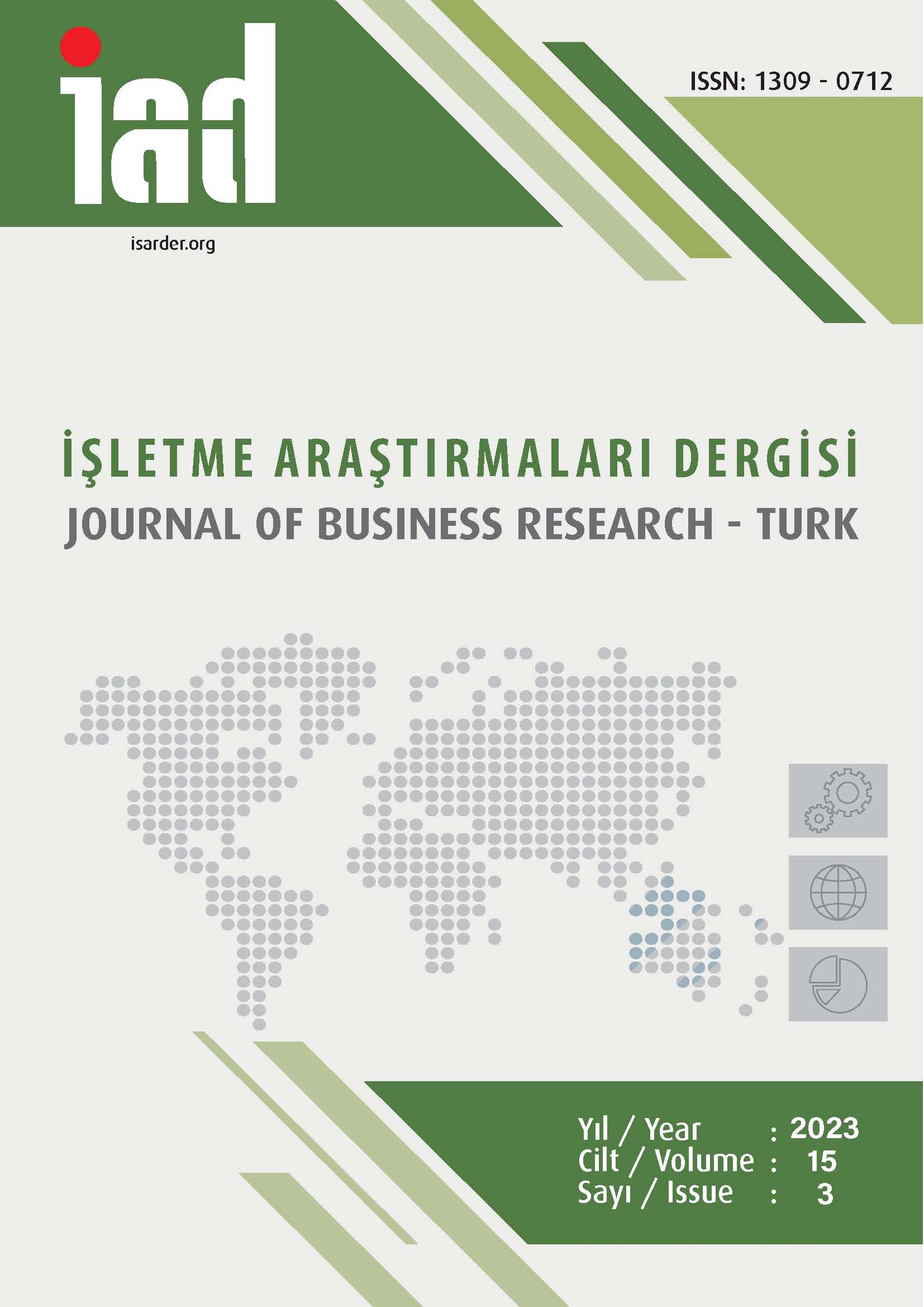The Role of Social Intelligence in The Effect of Person-Organization Fit on Altruism: An Application in Service Sector Employees
Keywords:
Person-Organization Fit, Social IntelligenceAbstract
Purpose – Within the scope of the Social Exchange Theory, which is based on individuals engaging in social interactions to maximize rewards and minimize costs, the social interactions of organizational employees should be channeled for the benefit of the organizatio n. In particular, it is important to determine the factors that enable the development of altruism, which includes voluntary behaviors to help another person with a task or problem related to the organization. Based on this point, this study aims to invest igate the mediating role of social intelligence in the relationship between person person-organization fit and altruism. Design/methodology/approach – The research data, which included 294 people working in the service sector, were analyzed using Smart PLS 4. In the analysis of the data, first the characteristics of the sample were presented, followed by reliability, confirmatory factor analysis and vali dity analyses of the scales. Structural equation modeling was used to test the hypotheses. The findings were evaluated at 95% confidence interval and 5% significance level. Findings – According to the research findings, person person-organization fit increases altruism. In addition, person person-organization fit increases social knowledge process and social skills, which are social intelligence factors, and social knowledge process and social skills increase altruism. According to the results of the mediation role analysis, social knowledge process and social skills play a mediating role in the effect of person person-organization fit on altruism. Discussion – Organizations that want to develop a culture of altruism and pro pro-social behavior should pay attention to the harmony between employees’ values and organizational goals and invest in programs aimed at developing social intelligence skills.
Downloads
Published
Versions
- 2025-08-10 (2)
- 2023-10-03 (1)
How to Cite
Issue
Section
License

This work is licensed under a Creative Commons Attribution-NoDerivatives 4.0 International License.





